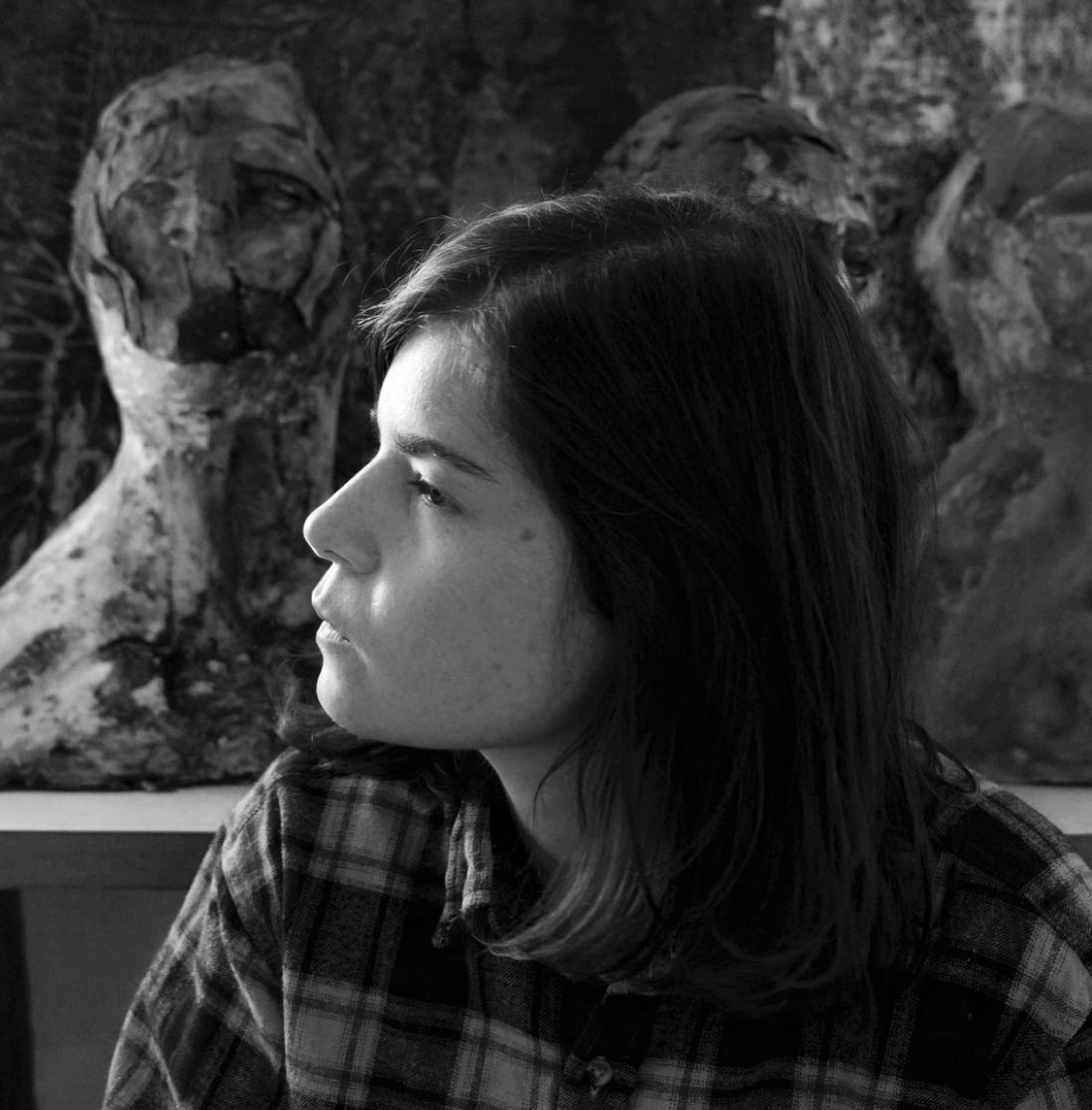ELISABETTA
CAIZZI MARINI
The series of 3 sculptures being exhibited by Elisabetta Caizzi Marini is based on the idea of presenting a choice to the viewer. By revealing aspects of nature, the observer is challenged to make a decision - to either embrace the contemporary state of war and pain, which stems from the most primitive origins and follows the Hegelian view of history, or to transcend this condition.
“Who does not have a gloomy Elsinore castle at the bottom of his heart, like the men of the past, builds himself in stone, on stone a gig haunted castle. ''
Elisabetta is a versatile visual artist from Italy, currently residing and working between Florence and Bologna. Her expertise encompasses painting, engraving, and sculpture. She holds a degree in Painting from the Academy of Fine Arts in Florence and has also studied Graphic Art at the Bologna Academy.
Elisabetta body of work is based on observing nature which can be a deeply philosophical experience that challenges us to confront our understanding of the world and our place within it. As we bear witness to the beauty and complexity of the natural world, we are confronted with a choice: to accept the present state of chaos and suffering, which seems to have existed since the dawn of time, or to strive towards transcendence.
Elisabetta’s work is characterised by a keen attention to detail, a deep appreciation for the natural world, and a passion for experimenting with new techniques and materials. She found inspiration in the Hegelian view of history posits that humanity has been locked in an eternal struggle, characterized by conflict and war, and that this struggle is an inevitable part of our existence. From this perspective, it can be tempting to resign ourselves to the idea that the world is inherently violent and that there is little hope for change.
However, the act of observing nature can also inspire us to transcend this condition. As we contemplate the intricate beauty and interconnectedness of the natural world, we may be moved to embrace a more holistic and compassionate view of the world, one that emphasizes our shared humanity and our responsibility to protect and nurture the world around us.



